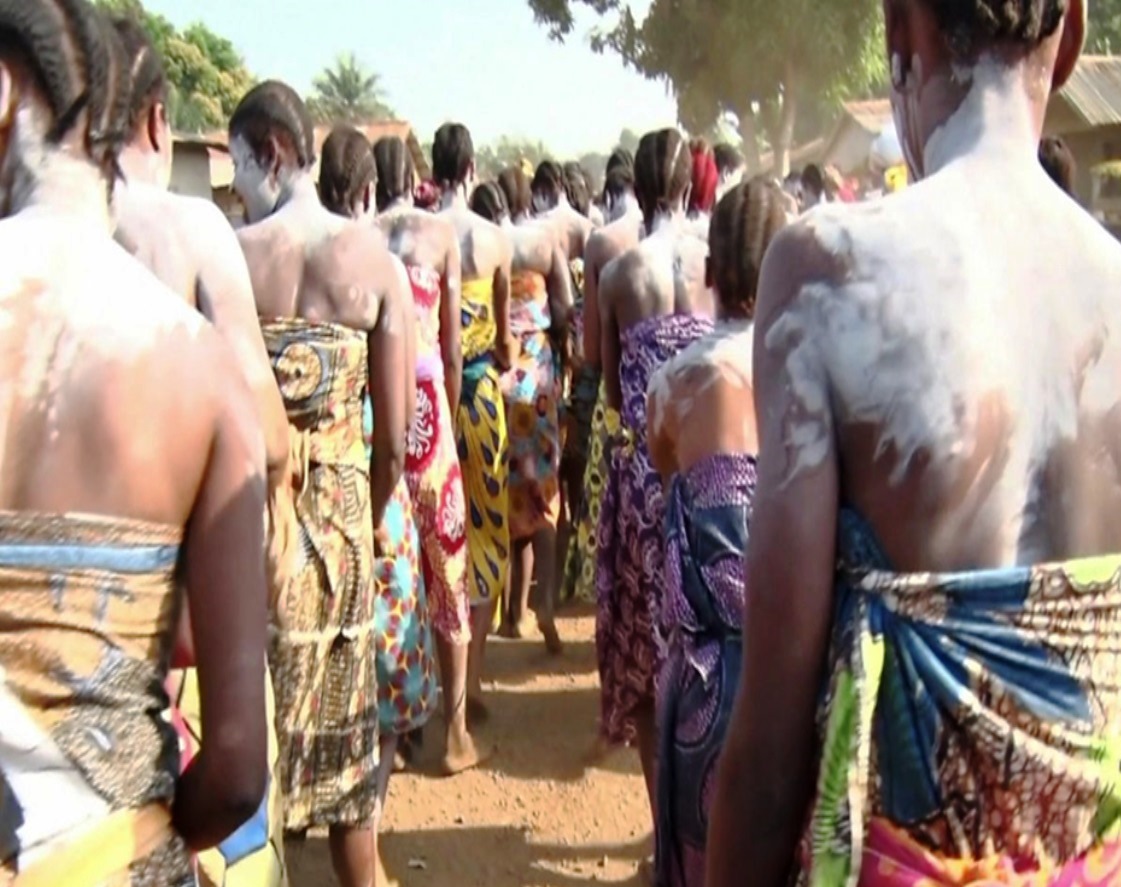By Sulaiman Stom Koroma
During my primary school days, I was told that ‘Culture’ is the collective identity of a society, encompassing its beliefs, values, traditions, art, and customs. My teacher told me that preserving culture is important as it connects people to their heritage. One such culture in Sierra Leone is the Bondo society.
Bondo or Sande secret society is found in Sierra Leone, Liberia, and Guinea. For traditional people, it serves as an important cultural institution responsible for training young girls in various aspects of adult life, including traditional skills, social etiquette, and values.
Our country’s history indicates that Bondo society dates back hundreds of years and has been an integral part of the social fabric in Sierra Leone. Girls undergo initiation rituals that include teachings on hygiene, respect, discipline, and traditional skills like cooking, farming, childcare, and clitodoctonomy (the removal of the clitoris). Despite its cultural significance, Bondo society has faced criticism regarding its practices of clitodoctonomy.
For this article, I will refer to it as Female Genital Mutilation (FGM). But I am of the strong conviction that nothing like mutilation is been done during the Bondo society initiation process. The only way I can prove that is by the definition of ‘mutilation’.
“Mutilation refers to the intentional disfigurement of a body part. This can include cutting, tearing, crushing, or otherwise harming a part of the body for various reasons such as punishment, self-harm, or cultural practices.” Is this what is done in Sierra Leone? Can victims or activists come forward to show how the Bondo society has disfigured, crushed, or torn them? Mutilation can have serious physical, emotional, and psychological consequences for the individual who experiences it.
Whilst cutting was traditionally a part of the initiation process, there have been efforts to eradicate this practice. Traditionally, the cutting of the clitoris is to lessen the sexual desire or appetite of a woman, to be able to wait for her turn to have sex with her husband in polygamous marriages. In recent years, there have been campaigns to stop the cutting aspect as the law now allows girls who have turned 18 to be initiated with their consent, though some activists are calling for its total abolition.
My concern is how these activists have labelled and juxtaposed Bondo society (clitodoctonomy) and mutilation. Bondo is a secret society focused on female initiation rites and cultural practices. FGM, on the other hand, refers to the practice of altering or injuring female genitalia for non-medical reasons. The two are distinct practices with different cultural, social, and health implications. Going by the definition of mutilation, I am sure such a practice is not done in Sierra Leone.
I am aware and agree that some mistakes have been made, leading to the deaths of a few girls. But just like many practices, those situations are bound to happen. Doctors make mistakes leading to the deaths of their patients; so the Bondo society is no different.
With all these, the Bondo society plays a key role in preserving traditional beliefs, practices, and culture. It provides girls with education on womanhood, fertility, child-bearing, and other important life skills. Bondo society inculcates a sense of belonging among women.
Truth be told, what we hear today are misconceptions about the Bondo practice. Some critics are only focused on genital cutting and not other rituals. A popular signature tune by DJ Base says, “We must always remember to learn from the past, building monuments and writing books so that our children’s children will not forget the past.” Culture plays a significant role in social cohesion and unity.
Bondo and FGM should not be compared because they are not the same in any shape or form. The former is what is practised in Sierra Leone, and the latter has never been practised here. Bondo may seem to be controversial due to its secretive nature of clitodoctonomy, but it is a way to pass down cultural knowledge and prepare young girls for adulthood within their respective communities. FGM, however, is widely condemned due to its harmful physical and psychological effects on girls and women.
Misunderstandings may arise when people confuse these two practices due to their association with female initiation. But it is simple to distinguish between cultural traditions like Bondo that hold significance and harmful practices like FGM that pose risks to women’s health and well-being.













